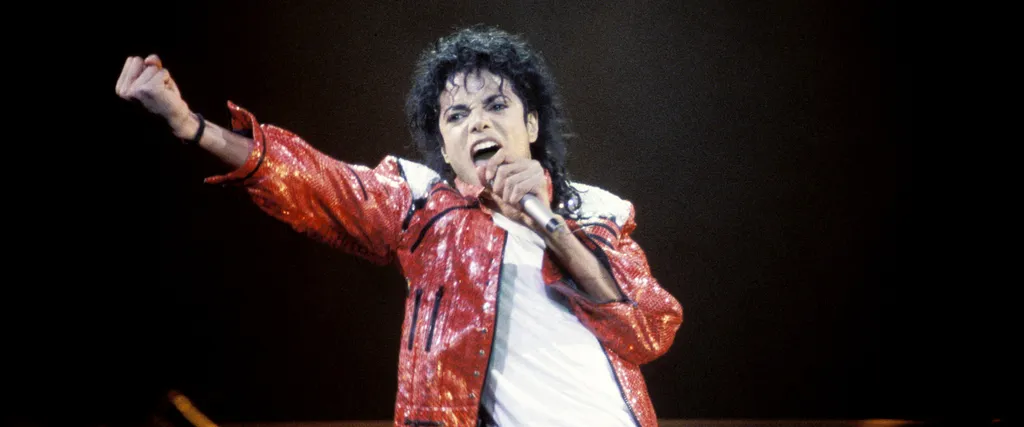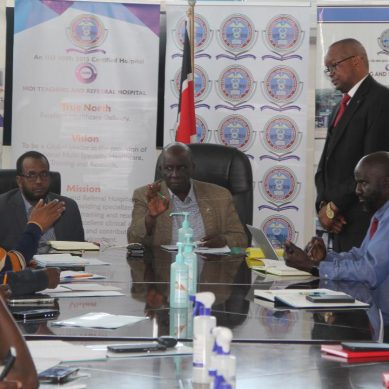
The King of Pop didn’t die on stage. He died begging for sleep.
On June 25, 2009, in a rented Los Angeles mansion, Michael Jackson lay still and unresponsive while chaos and confusion unfolded around him. What was supposed to be a triumphant comeback turned into a haunting tragedy – one that stunned the world, ended a legacy in a whisper, and exposed a fatal flaw in celebrity medicine.
By the summer of 2009, Michael Jackson was on the verge of resurrection.
The 50-year-old megastar had announced his This Is It residency in London, a career-defining return after years of seclusion, scandal and physical frailty. But while fans cheered, Jackson struggled. He was rehearsing late into the night, dancing with urgency, sweating under the pressure of being perfect again – all while grappling with crippling insomnia.
Desperate for rest, he turned to a familiar figure: Dr Conrad Murray. Hired at $150,000 per month, Murray wasn’t just a cardiologist – he became Jackson’s nightly provider of sedatives, including the hospital-grade anaesthetic Propofol. According to People, Jackson called it “milk.” He asked for it again and again. And Murray, despite the risks, gave it to him.
The night of June 24, 2009, was like many others – except it was the last.
Jackson finished rehearsals at what’s now Crypto.com Arena. He was upbeat, energetic and even joyful. But by 1am, back in his Holmby Hills mansion, the insomnia returned. Dr Murray tried everything: Valium, Lorazepam, and Midazolam. Nothing worked.
At 10 am, Jackson was still wide awake. He begged for the drug he knew would knock him out.
“I’d like to have some milk,” he pleaded, according to People. “Please, please give me some.”
Murray relented and administered 25 milligrams of Propofol – half of what Jackson normally took. Around 10:40am, Jackson finally fell asleep. Minutes later, he stopped breathing.
What happened next was a blur of missteps and contradictions. Murray said he left the room briefly. Phone records showed he made several calls between 11:07 and 11:51am. It wasn’t until 12:21pm that a security guard finally called 911.
Paramedics arrived at 12:26pm. They found Jackson in full cardiac arrest. For 42 minutes, they tried to revive him. Nothing worked. At 2:26pm, Jackson was declared dead at Ronald Reagan UCLA Medical Centre.
But it wasn’t just the delay that raised alarms – it was what Murray allegedly did during that hour. According to witness Alberto Alvarez, Murray scrambled to hide vials of medication before instructing him to call 911.
The autopsy results were damning. Jackson died of acute Propofol intoxication, compounded by other sedatives in his system – Lorazepam, Midazolam, Diazepam, Lidocaine and Ephedrine.
The Los Angeles County Coroner ruled it a homicide. Dr Murray was arrested and charged with involuntary manslaughter. The trial in 2011 painted a devastating portrait: a doctor with no emergency equipment, no resuscitation plan and no justification for giving surgical anaesthetic as a sleep aid.
Prosecutors called his actions “completely and utterly inexcusable,” according to People. The jury agreed. Murray was convicted and sentenced to four years in prison. He ended up serving just two.
Michael Jackson’s death shattered the internet. Twitter, TMZ, even Wikipedia crashed under the weight of global grief. Fans gathered at the Apollo Theatre, Neverland Ranch and his childhood home in Gary, Indiana. Impromptu memorials bloomed across continents.
On July 7, 2009, more than 17,000 mourners filled the Staples Centre. Lionel Richie, Stevie Wonder, and Mariah Carey performed through tears. Millions more watched from home. It was the largest celebrity memorial of the modern age – and still one of the most surreal.
Jackson was later buried in a gold-plated casket at Forest Lawn Memorial Park in Glendale. He was 50 years old.
Sixteen years later, Michael Jackson’s music still echoes – and so do the questions. About fame. About medicine. About how far a man will go to sleep, and how far others will go to keep him performing.
His family continues to release posthumous albums and “MJ the Musical” has reignited public admiration. Artists like Beyoncé, The Weekend and Justin Timberlake still cite him as their ultimate influence.
But for those who remember that June morning, there’s an ache beneath the beat. The King of Pop died not with a bang, but a whisper – a plea for “milk” and a silence that has yet to fade.
- A Tell Media report/ Initially appeared in People




